
End the Phone-Based Childhood Now
The environment in which kids grow up today is hostile to human development.
Read offline
Recommendation
For decades, psychologists have studied the effects of new technologies on the human mind. Now, as the first generation of “digital natives” reaches adulthood, research shows that carrying the internet around in your pocket does come at a cost — and the price is highest for young people. In an unsettling essay, social psychologist and ethicist Jonathan Haidt makes a devastating case for limiting young people’s access to smartphones and social media. His suggestions to break out of the phone-based traps sound feasible, yet going up against a billion-dollar industry might not be so simple after all.
Summary
About the Author
Jonathan Haidt is a social psychologist known for his research on moral psychology. He teaches ethical leadership at New York University’s Stern School of Business and is the author of The Righteous Mind and The Coddling of the American Mind.









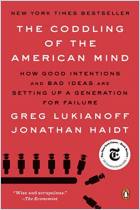

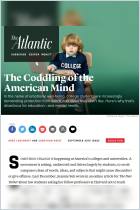
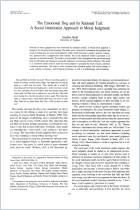
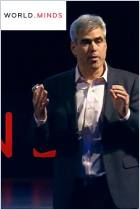
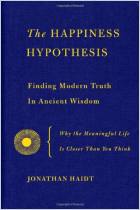



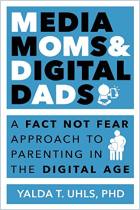




Comment on this summary or Diskussion beginnen